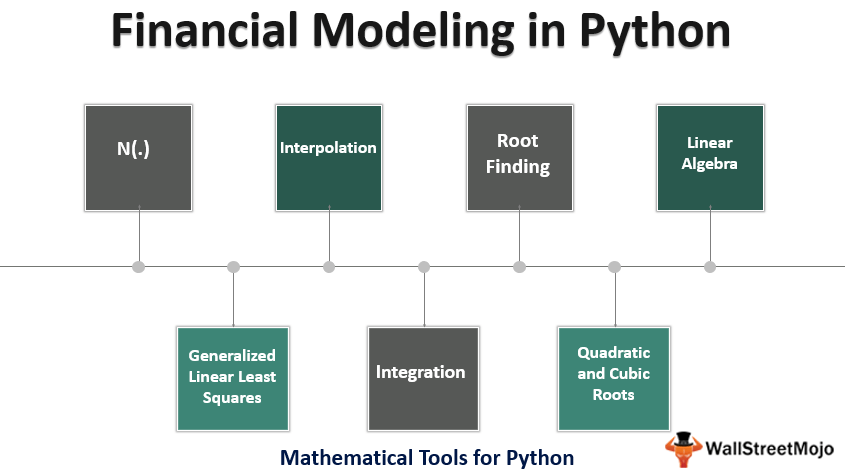Accountants and auditors need to have an eager eye for detail and strong problem resolving and analytical skills. You'll need to have understanding of general accounting concepts, practices, and laws, which is generally obtained through a four-year accounting or related degree (How to finance an investment property). Though you do not definitely require one to start, your task potential customers will increase enormously if you have or are working towards an accounting certification. Qualified Public Accountant (Certified Public Accountant) is the most popular, but there are a range of others depending on your specialized. As the name implies, credit analysts evaluate the credit and financial data and history of people and companies to figure out the degree of threat associated with lending them cash or extending them credit.
Credit analysts primarily work for banks and charge card business but can likewise work for mortgage, insurance coverage, and investment firms. You'll need strong decision-making, crucial thinking, analytical, research, and communication abilities in addition to a bachelor's degree in finance, accounting, or a related field. Some positions might likewise need a Chartered Financial Analyst (CFA) credential. Brokers and traders buy and offer securities like stocks, bonds, and other funds and do research study ahead of these trades. However, while traders often purchase or sell based on the desires of a supervisor of a portfolio or other mutual fund, brokers are responsible directly to the investors and may work for themselves or a brokerage or securities firm.
Both positions require a four-year degree and certain Financial Market Regulatory Authority (FINRA) licenses to complete trades on behalf of others. Financial analyst is a very first finance job title for lots of people entering the industry. Depending on where you work, you may provide assistance to services and people making financial investment choices; examine the efficiency of stocks, bonds, and other investments; assess existing and historical financial information for the company you work for or others; and research possible financial investments. Despite the business, many financial analysts are responsible for reporting their findings to others. You're most likely to be working for big banks consisting of investment firms and banks in New york city City and other monetary centers, but you can likewise work as a corporate monetary expert in other industries.
To begin, you ought to have a bachelor's degree in financing or a related field. Pursuing a related internship will likewise help you land an entry-level position. In order to advance as a monetary expert to a portfolio or fund management position, you might require a CFA accreditation or other FINRA license and an MBA. Lots of banks have two-year financial analyst programs for brand-new graduates. A few of these programs, like the one at Wells Fargo, are rotational, permitting you to discover various areas in the monetary industry to assist you decide where you desire to go with the rest of your career.

Spending plan experts work throughout markets in personal business and for government offices and must have strong analytical and interactions abilities to discuss decisions to others in a company. Budget plan experts usually require a bachelor's degree in accounting or a similar field, however some companies will accept experience rather while others are trying to find candidates with an MBA. In order to work in some government spending plan expert positions, you may need a Qualified Government Financial Supervisor credential from the Associate of Federal Government Accountants. Personal monetary coordinators and consultants help people with their monetary objectives, including providing education on financial investments, selecting financial investments on their behalf, handling their portfolios, preparing for long-lasting goals, and monitoring their financial resources.
How To Finance A New Business Fundamentals Explained
Financial consultants might advise clients when or for a brief time, whereas monetary planners typically have long continuing relationships with customers (which suggests they require strong social skills) and should be Certified Financial Planners to utilize the job title. In addition to analytical skills and investment knowledge, monetary organizers should likewise have an entrepreneurial state of mind, Goodfellow says, given that even if you're working for another organization, you're frequently developing a list of customers yourself. Risk professionals work for investment banks and firms, home mortgage and insurer, and business lending institutions, to name a few. Risk experts use quantitative and qualitative approaches to evaluate the threat to: Existing and potential financial investments (in both domestic and foreign markets) Earning capabilities, The success of business, Threat professionals need to have a strong capability to recognize possible issues and great inductive, deductive, and mathematical reasoning skills.
A degree or focus in global service is also valuable for threat professionals. Financial inspectors guarantee compliance with financing laws and guidelines by examining balance sheets, monetary records, and loan documents. They typically work for banks and insurer or for the government. Government monetary examiners frequently examine scams or money laundering at banks and other companies, while those working for personal companies make sure the stability and compliance of their own organizations. Financial inspectors require strong attention to detail and analytical abilities and a four-year degree in accounting or another field (though a certain variety of accounting classes is needed for anybody wanting to work for the FDIC), and may consider getting a CPA credential to make them a more competitive candidate.

Quants primarily work for investment banks and hedge funds, however might also be utilized by depository banks, trading firms, or fintech companies. To become a quant, you need to have top-level mathematical and other reasoning capabilities. A lot wesley landers alabama of your work will be abstract rather than focused on a specific business or industry, and far more time will be invested on a computer system screen than engaging with associates. The wage for this position is high, however so is the barrier to entry: You'll need a master's degree or ideally a Ph, D in a quantitative field like math, finance, stats, or economics and have the ability to show a strong computer system capability, or a master's degree or Ph, D in financial engineering or computational financing.
They compute the cost of those occasions and help style insurance coverage and other designs. Actuaries primarily work for insurance provider but can likewise be utilized by investment firms, federal governments, or banks. Actuaries foreclosure fortunes cancellation have a very high wage and the market for these tasks has a very high anticipated growth rate, Goodfellow states. The BLS estimates that the field will grow 18% from 2019 to 2029. The task is likewise fairly low stress, especially compared to other jobs of this salary level and in the financing industry. You will need really strong math and reasoning abilities and a four-year degree in actuarial sciences, finance, accounting, or an associated field.